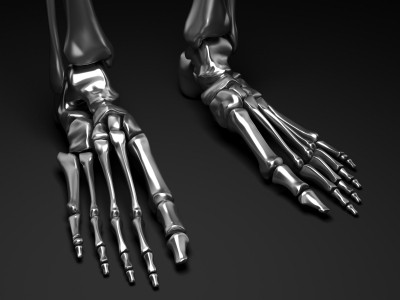New point-of-care diagnostics opportunities
The global market for point-of-care diagnostics is increasing dramatically and is forecast to reach $18.7bn in 2014, rising from $13.4bn in 2009. The ability to deliver laboratory results outside of the hospital environment is enabling this increase, with blood glucose monitoring and blood chemistry & electrolyte providing the two main segments, along with cardiac markers, […]


